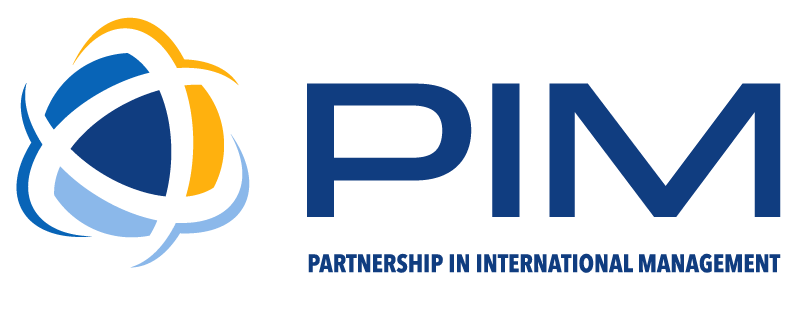PIM History
In 1973, three graduate business schools, Ecole des Hautes Etudes Commerciales (HEC), New York University (NYU), and London Business School (LBS), succeeded in overcoming academic isolationism and multiple logistical obstacles to make student exchanges a reality. Through continuous dialogue and strong commitment, three faculty members – Ed Altman, Richard Zisswiller and Jim Ball – created the first graduate business student exchange network. In 2017, the PIM Covenant was updated during the annual conference in Tel Aviv, Israel.
The PIM network has grown to over 60 of the world’s best business schools and expanded to include undergraduate student exchange, joint degrees and other collaborative programs. Member institutions share a reputation for upholding the highest degree of academic excellence both regionally and globally, and value the organization’s spirit of international cooperation among its students, faculty and administrators. Having exchanged several thousand students throughout the past 50 years, the know-how acquired has permitted members to develop and enhance the international commitment of their institutions. PIM schools meet annually to network, share best practices, shape strategies for growth and development, and collectively address issues that impact international education.
PIM Governance
PIM is governed by its members who vote on major decisions and strategies each year at the annual business meeting. The three elected Chairs govern the organization and are accountable to all PIM members, who follow the membership guidelines.
Learn more about our 2024 Membership Guidelines.

PIM Chairs
Three Chairpersons are nominated by PIM members. Each Chair is elected by majority vote to serve a three-year term, with one Chairperson retiring each year. A retiring chair is not eligible for immediate re-election. To ensure representation of the different geographical stakeholders, there is one Chair to represent each of the three PIM regions: The Americas Region, the Europe, Middle East & Africa Region and the Asia & Asia Pacific Region.
The Chairs are responsible for setting and implementing certain strategies suggested by the members during the Annual Meeting, managing the budget, deciding on the structure and content of the Annual Conference, and addressing the major issues of the association.

Seen Meng Chew
Chair of Asia & Asia Pacific
Chinese University of Hong Kong
Term: 2022-2025

Alex Markman
Chair of The Americas
Universidad Torcuato di Tella, Argentina
Term: 2023-2026

Péter Fehér
Chair of Europe, Middle East & Africa
Corvinus University of Budapest, Hungary
Term: 2024-2027
PIM Coordinators & Committees
There are two Network Coordinators who are nominated by the Chairs. They are responsible for managing the communication activities of the network, coordinating with the Annual Conference organization, and securing organizational support for the Chairs and the Members as well as for running the Association’s Secretariat.
Within the network there are currently two Committees. The New Members Committee (NMC) and the Current Members Committee (CMC). The NMC analyzes schools interested in joining the PIM Network, while the CMC collaborates with new members and current partner schools emphasizing on membership guidelines and maintaining exchange balances between schools.
For information, please contact the PIM Coordinators.

Emily Stern
PIM Coordinator
IU Kelley School of Business, USA

Patricia Collins
PIM Coordinator
UNC Kenan-Flagler Business School, USA

Polly Trigger
PIM Treasurer
UT McCombs Business School, USA
